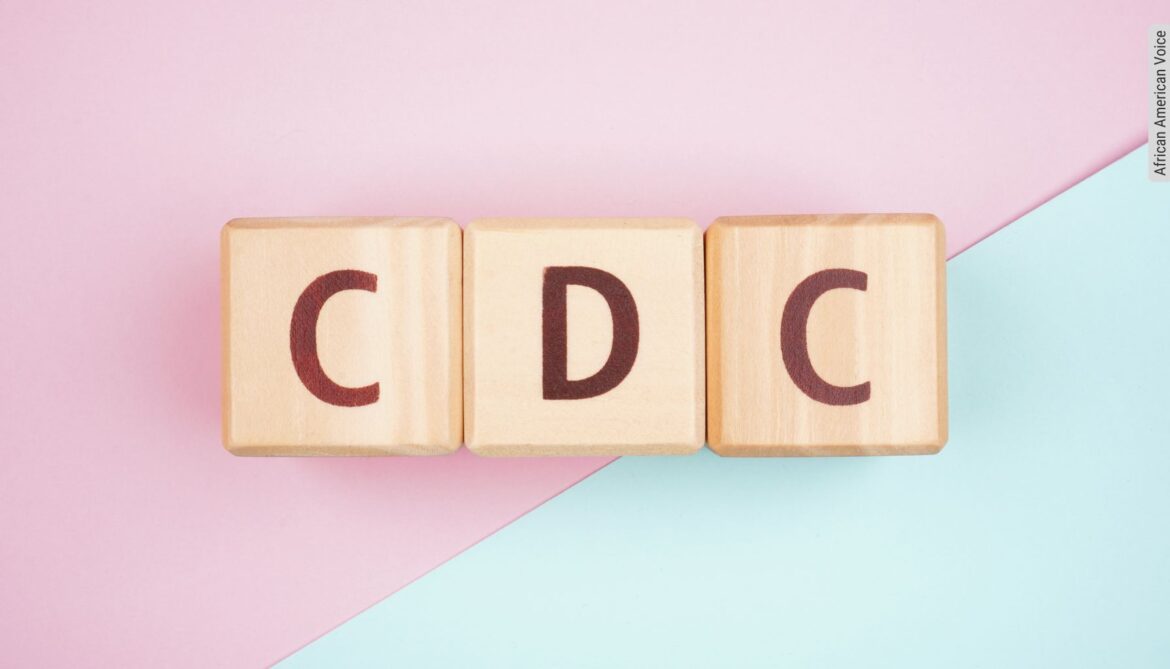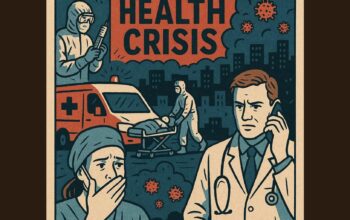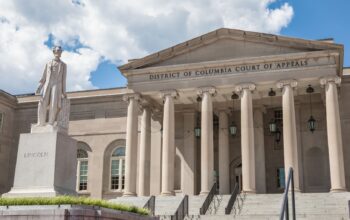The Centers for Disease Control and Prevention is in upheaval, and the consequences are falling hardest on Black Americans.
President Donald Trump fired CDC Director Dr. Susan Monarez less than a month after her Senate confirmation.
Monarez, a microbiologist and epidemiologist, was removed after refusing to sign off on directives pushed by Health Secretary Robert F. Kennedy Jr. that her lawyers called “reckless and unscientific.”
Her dismissal triggered mass resignations from senior leaders, including Dr. Debra Houry, the agency’s chief science and medical officer; Dr. Demetre Daskalakis, head of the National Center for Immunization and Respiratory Diseases; Dr. Daniel Jernigan, director of the National Center for Emerging and Zoonotic Infectious Diseases; and Dr. Jennifer Layden, director of Public Health Data and Technology.
These departures stripped the CDC of experts who had focused on closing health gaps that weigh heavily on Black communities, including programs to address HIV, chronic disease, and environmental safety.
“Y’all, basically everyone in HHS who worked on minority health and health disparities was fired today – from D.C. to the CDC, HIV, maternal health, so many people,” wrote social media user Dr. Brit Williams on X, formerly known as Twitter. “This sh*t is going to be catastrophic for so many communities. These [folks] are being fired without cause.
The fallout has been swift.
At least 600 employees were permanently laid off, with divisions on violence prevention and HIV/STD awareness gutted. Black Americans are already diagnosed with HIV at seven times the rate of whites, raising fears that gains in prevention will collapse without federal support.
The changes extend to funding.
Hundreds of millions of dollars in CDC grants to state and local health departments have been canceled. States with some of the nation’s largest Black populations — including Georgia and Texas — stand to lose critical resources for disease prevention, immunization clinics, and public health jobs.
Atlanta Mayor Andre Dickens warned earlier this year that cuts at the CDC jeopardize “health, national security, community wellness, jobs in Atlanta, and faith in our day-to-day.”
The man now in charge of the CDC is Jim O’Neill, a venture capitalist with no medical background. O’Neill has previously argued that drug companies should not be required to prove a drug’s effectiveness before selling it for public use.
Public health experts fear his appointment signals a shift away from science-based decision-making at the nation’s top health agency.
Black health leaders stress that communities must act quickly.
Analysts point to alternative resources like the Vaccine Integrity Project, a university-led initiative providing independent vaccine data, and Violence Prevention Solutions, which consults with local organizations after federal cutbacks. Experts also call for state and local governments to expand their own health efforts, filling the void left by the CDC.
The Center for Black Health & Equity said in a recent statement that the cuts “jeopardize foundational services” and urged Black Americans to push for accountability, transparency, and sustained funding at every level.
“We are worried about the wide-ranging impact that all these decisions will have on America’s health security,” a conglomerate of nine former CDC directors, who served under both Republican and Democratic administrations, warned in a statement. “Rural communities and vulnerable populations will be most at risk.”
Source: Published without changes from Washington Informer Newspaper




